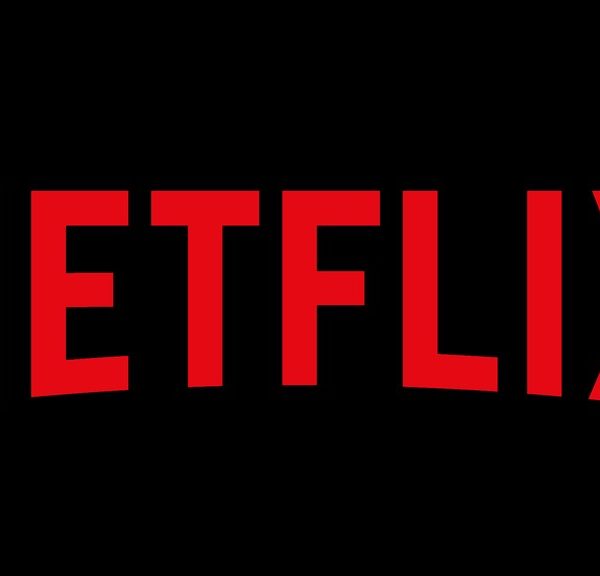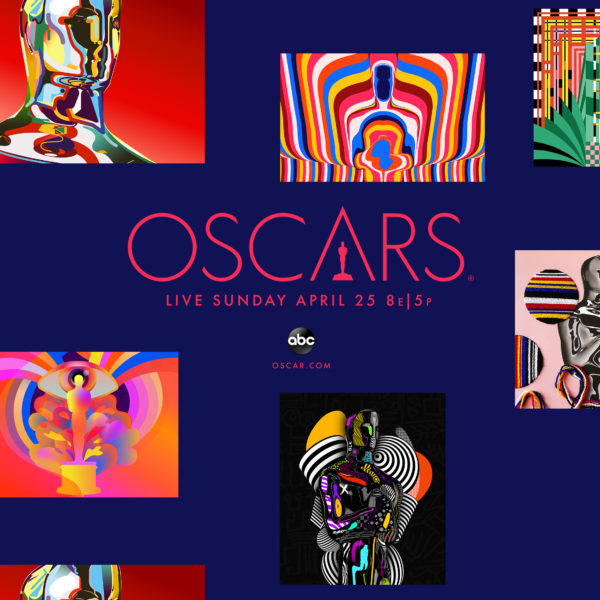Steven Spielberg, Ava DuVernay Clash On Netflix Oscar Eligibility
I watched a British TV show over the weekend called Upstart Crow. It stars David Mitchell, from The Mitchell and Webb Look, and it’s a pretty standard multicam sitcom except Mitchell plays William Shakespeare. Despite being set in the late 16th century, the show comments on modern life. For example, in one episode Shakespeare is nominated in every category at the first London Theater Awards, but his enemy Robert Greene stages a one-night revival of his awful play Friar Bacon and Friar Bungay and has all his posh friends who control the awards vote for it so it sweeps every category despite almost no one having seen it and the people who have seen it thinking it’s terrible.
You might be wondering what that has to do with anything, but that is 100% how awards shows work, especially the Oscars. Oscar-bait movies open in three theaters in West Covina on December 16th, get seen by 12 people, and then win Best Picture. For example, Moonlight, which famously beat La La Land for Best Picture after Warren Beatty picked up the wrong envelope, played in 650 theaters and grossed $27 million at the domestic box office. Boo! A Madea Halloween opened the same day and played in over 2,000 theaters and made $73 million domestically. Now, financial success isn’t necessarily reflective of quality; The Last Jedi made $620 million and The Phantom Menace made $766 million adjusted for inflation, and both of those movies suck ass. Still, you’d think if a movie was the best movie made all year, someone would have seen it.
Steven Spielberg has no problem with this, but he’s very concerned that Netflix might distribute a movie that wins best picture, and by god he’s going to stop it. We don’t actually know exactly what he wants to do, but since he probably can’t just get the rules changed to “f**k Netflix” Indiewire reports he’ll probably try to insist on a higher minimum number of screens (the current is technically two, one in LA and one in New York) and a longer wait between the theatrical run and streaming debut.
“Steven feels strongly about the difference between the streaming and theatrical situation,” said an Amblin spokesperson. “He’ll be happy if the others will join [his campaign] when that comes up [at the Academy Board of Governors meeting]. He will see what happens.”
Per the Academy, “Awards rules discussions are ongoing with the branches. And the Board will likely consider the topic at the April meeting.”
This is probably going to have the side effect of completely destroying the chances of any indie film to win because Steven Spielberg wants you to have “The Theatrical Experience™.” And I’m sure it has nothing to do with the fact that he makes the vast majority of his money on the back end of theatrical profits. You know, I watched Ready Player One today, and while I liked the “capitalism is creating a cyberpunk dystopia” theme in it, it was the most by-the-book movie I’ve ever seen that didn’t start with the Marvel Fanfare. Seriously, read this and tell me that isn’t Ready Player One and every comic book movie you’ve ever seen.
Ava DuVernay disagrees, which probably has nothing to do with her upcoming Netflix series and her overall deal with Warner who just announced they’re launching a second boutique streaming service. No, according to The Wrap, she and the rest of the pro-Netflix crowd are just looking out for the little guy.
Franklin Leonard, founder of The Black List, said that Netflix has boosted filmmakers — including women and people of color — who have struggled to get their films picked up by traditional Hollywood studios.
“I think we can all agree that the theatrical experience is worth protecting. I, for one, do,” Leonard tweeted. “I also think we can all agree that it is more difficult for films by and about women, people of color, and myriad other communities to access the resources necessary to secure an exclusive four week theatrical window.”
Let’s be clear about what is going on here; both sides want to separate you from your dollars. It may be easy to see Netflix as being for the little guy because a single movie ticket costs more than a month of Netflix, but that’s their business model. They spent ten times on their Oscar push for Roma than winner Green Book spent. They want that Oscar so bad. It’s mainly a psychological thing. When Fox got NFL football, people started taking it seriously as a network and they could get better programming. Once Netflix wins an Oscar they’re not going to be seen as the place people dump movies that would have failed at the box office like Bright and like ten terrible Adam Sandler movies. Even they wouldn’t take Holmes and Watson, though.
Ultimately, this doesn’t mean much. But it’s worth keeping an eye on; as streaming services start picking up big-budget feature films, they’re not going want to put them in theaters, they want them on their service so you keep paying them. And people who make a lot of money on theatrical releases don’t want streaming to start grabbing good movies, because it means less money for them.


